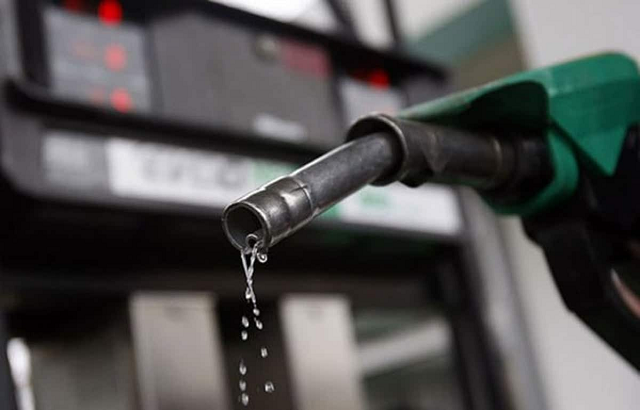The Minister of Information and National Orientation, Mohammed Idris, revealed on Wednesday a significant decline in the importation of Premium Motor Spirit (PMS), commonly known as petrol, into Nigeria since the removal of subsidies on the commodity.
Idris, speaking during the third edition of the ministerial press briefing series in Abuja, highlighted that petrol imports had decreased by 50 per cent following the withdrawal of fuel subsidies.
President Bola Tinubu had announced the end of fuel subsidies during his inaugural speech on May 29, 2023. Consequently, the Nigerian National Petroleum Company Limited (NNPCL), the country’s sole importer of PMS, withdrew subsidies on petrol within 24 hours of the announcement.
The removal of subsidies led to a surge in petrol prices, soaring from around N198 per litre to over N500 per litre and further rising to between N620 and N700 per litre, depending on the location of purchase.
According to Idris, the reduction in petrol imports signifies a notable shift in Nigeria’s fuel market dynamics. He emphasized that the subsidy removal was instrumental in driving down fuel imports by half.
Prior to the subsidy removal, the Group Chief Executive Officer of NNPCL, Mele Kyari, had disclosed that Nigeria was consuming approximately 66 million litres of PMS daily. He further noted that over N400 billion was spent monthly to subsidize PMS, significantly impacting NNPCL’s cash flow.
With the latest revelation from the information minister indicating a 50 per cent reduction in petrol imports, it suggests a decrease of about 33 million litres daily, translating to approximately 990 million litres monthly, based on NNPCL’s February figures.
This substantial decline in petrol imports has resulted in significant cost savings for the country. With the ex-depot price of petrol around N585 per litre, the reduction in imports equates to daily savings of about N19.3 billion and monthly savings of N579.1 billion, contributing to Nigeria’s economic resilience amidst shifting fuel market dynamics.
Meanwhile, amidst the challenges faced by oil marketers due to dwindling demand for petrol, the African Export-Import Bank (Afreximbank) revealed its commitment to financing oil and gas projects across Africa. Nigeria, receiving 60 per cent ($18 billion) of Afreximbank’s $30 billion investment in industry projects, remains a focal point for energy infrastructure development despite global funding constraints in the hydrocarbon sector.
Speaking at the National Oil Companies Forum during the ongoing Nigeria International Energy Summit in Abuja, Prof. Benedict Oramah, President of Afreximbank, emphasized the need for innovative solutions to address Africa’s energy deficit, highlighting the continent’s vast energy resources and the potential for renewable technology leapfrogging to bridge the gap.













